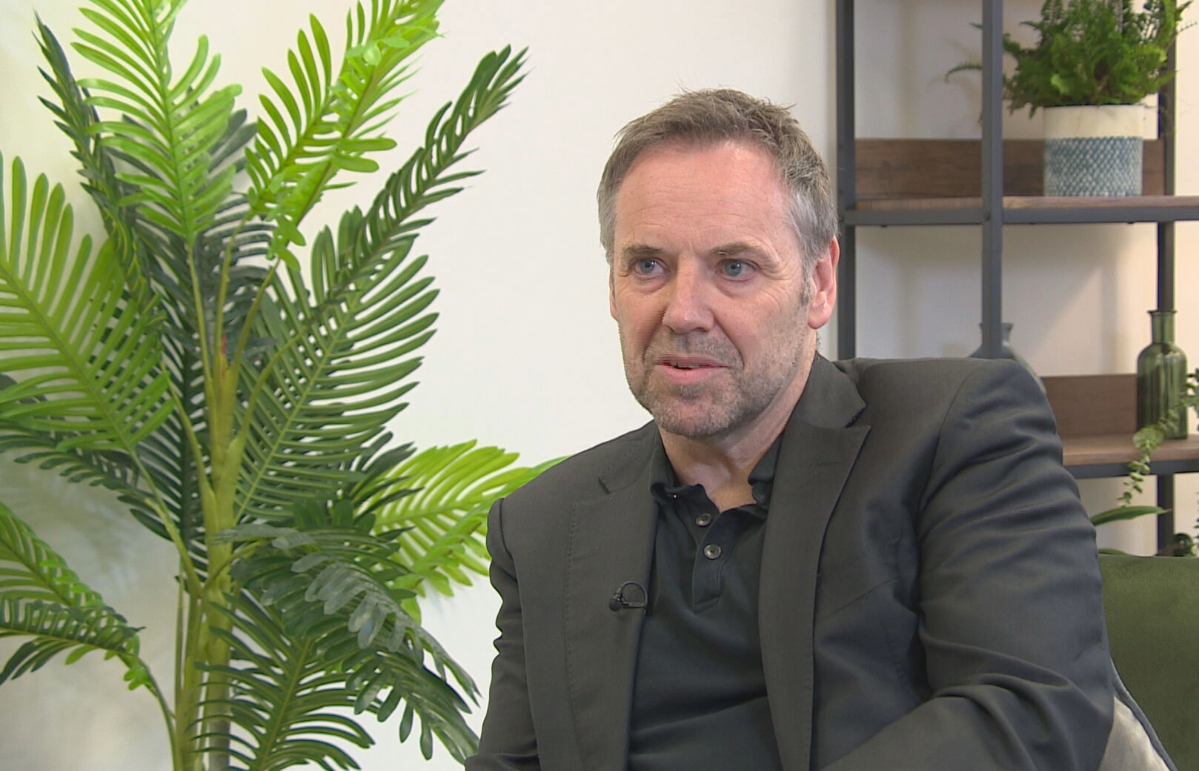Dementia will be almost eradicated in five to ten years’ time, according to a Scottish professor who has dedicated his career to finding a cure for the condition.
Professor Craig Ritchie and his team at Scottish Brain Sciences in Edinburgh are developing new diagnostics and treatments for people with Alzheimer’s disease and similar brain conditions.
More than 6,000 people in Scotland died from Alzheimer’s and dementia last year.
The mortality rate is twice what it was in the year 2000. But as families continue to grapple with the condition, scientists say they are hopeful they could eradicate dementia in the near future.
“I think in five or ten years time, dementia will be a very rare condition,” Professor Ritchie told Scotland Tonight.
“HIV and AIDS is a very good example of this. We might have lots of people living with HIV, but in the UK at least, nobody gets AIDS anymore.
“It would be the same; we’ll have lots of people with Alzheimer’s disease, the early stages, but there will be a failure in the part of medicine if those people then progress developing dementia.”
Professor Ritchie is a leading expert in the prevention of Alzheimer’s. An honorary professor at both the University of St Andrews and the University of Edinburgh, he has dedicated his career to diagnosing and treating Alzheimer’s before it develops.
A year ago, he set up Scottish Brain Sciences, with the aim of accelerating the delivery of new research into treatments and tests for people in Scotland and around the world.
 STV News
STV NewsInstead of new diagnostics and therapies taking ten or 15 years to be available to people who need it most, Professor Ritchie and his team say they are committed to getting tests and treatments in a much quicker timeframe.
He believes early detection is crucial to preventing dementia.
“Alzheimer’s disease diagnosis is different to a dementia diagnosis,” he explained. “All the evidence we have is that if you can detect diseases early, you can cure it.
“Think about where we were with cancer. Everything now is geared towards picking up stage one cancer. If you get it early, the prognosis, the chance of cure, is in the high 90%.
“So, using that kind of analogy, if we can detect Alzheimer’s disease really early, when these proteins in the brain are just beginning to present, I think there’s every opportunity that we can cure Alzheimer’s disease and then no one should get dementia.”
But Professor Ritchie recognises it is much more difficult to reverse the symptoms that prevent the disease from spreading.
He said: “Unfortunately, once you have the dementia stage of illness again, a bit like cancer, it spreads. Other parts of the brain are affected. Other disease processes are taking place.
“I think it’s unfortunately unreasonable to expect you to cure that because the brain is now very diseased. But the hope and the aspiration and the focus and the energy has to go into early detection.”
Professor Ritchie says around 90,000 Scots are currently living with dementia and the number of deaths caused by the condition – along with Alzheimer’s – is on the rise.
With an ageing population, and limited treatment options, more families are struggling with the toll it takes on their lives.
There are 12 risk factors for Alzheimer’s, including obesity, smoking, excess alcohol consumption, and social isolation.
Professor Ritchie added: “There’s a huge amount of really incredible research going on around the world and the reason for setting up the company was to try and accelerate the delivery of that research into treatments and tests for people in Scotland and across the world eventually.”
Follow STV News on WhatsApp
Scan the QR code on your mobile device for all the latest news from around the country


























